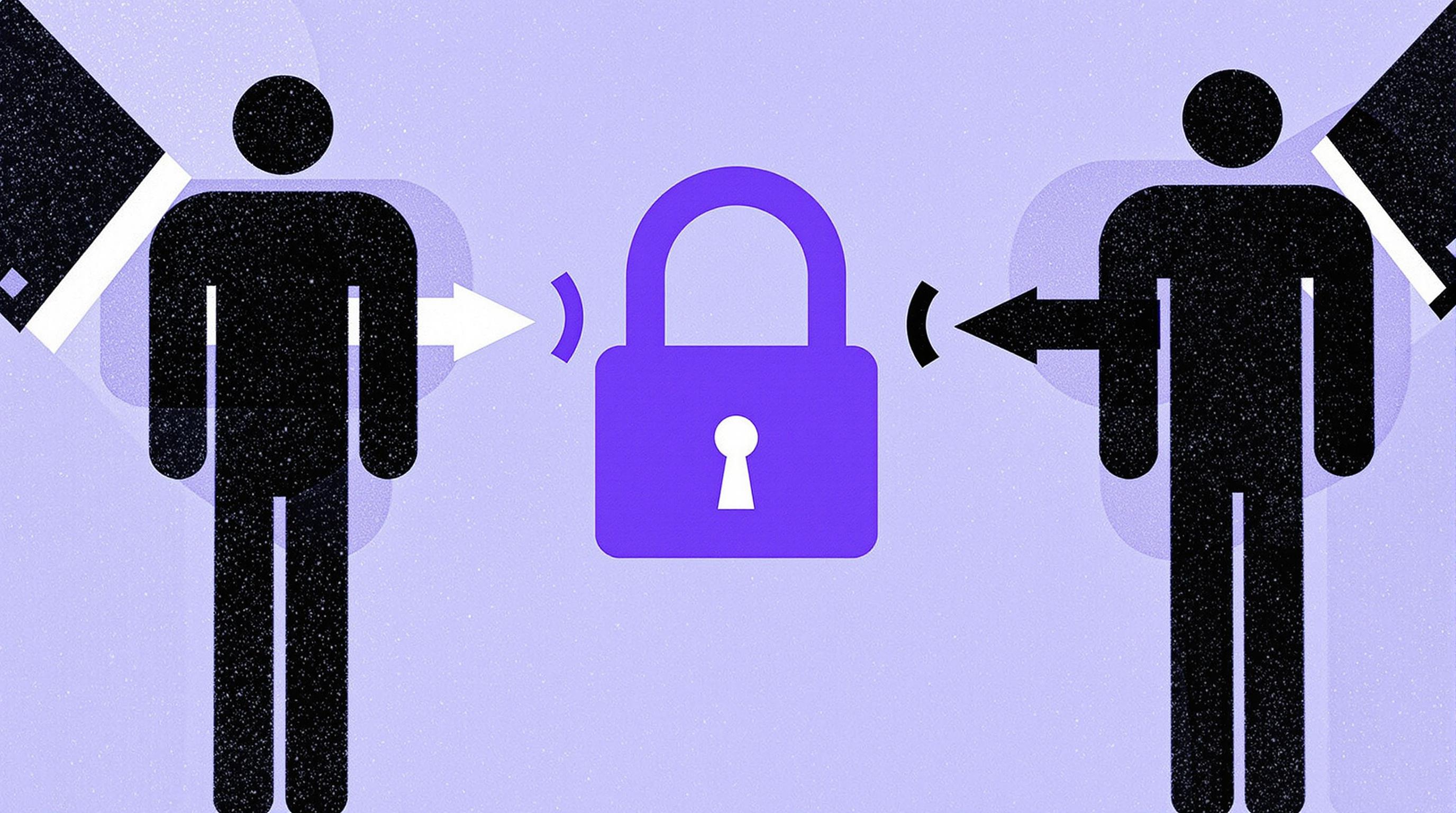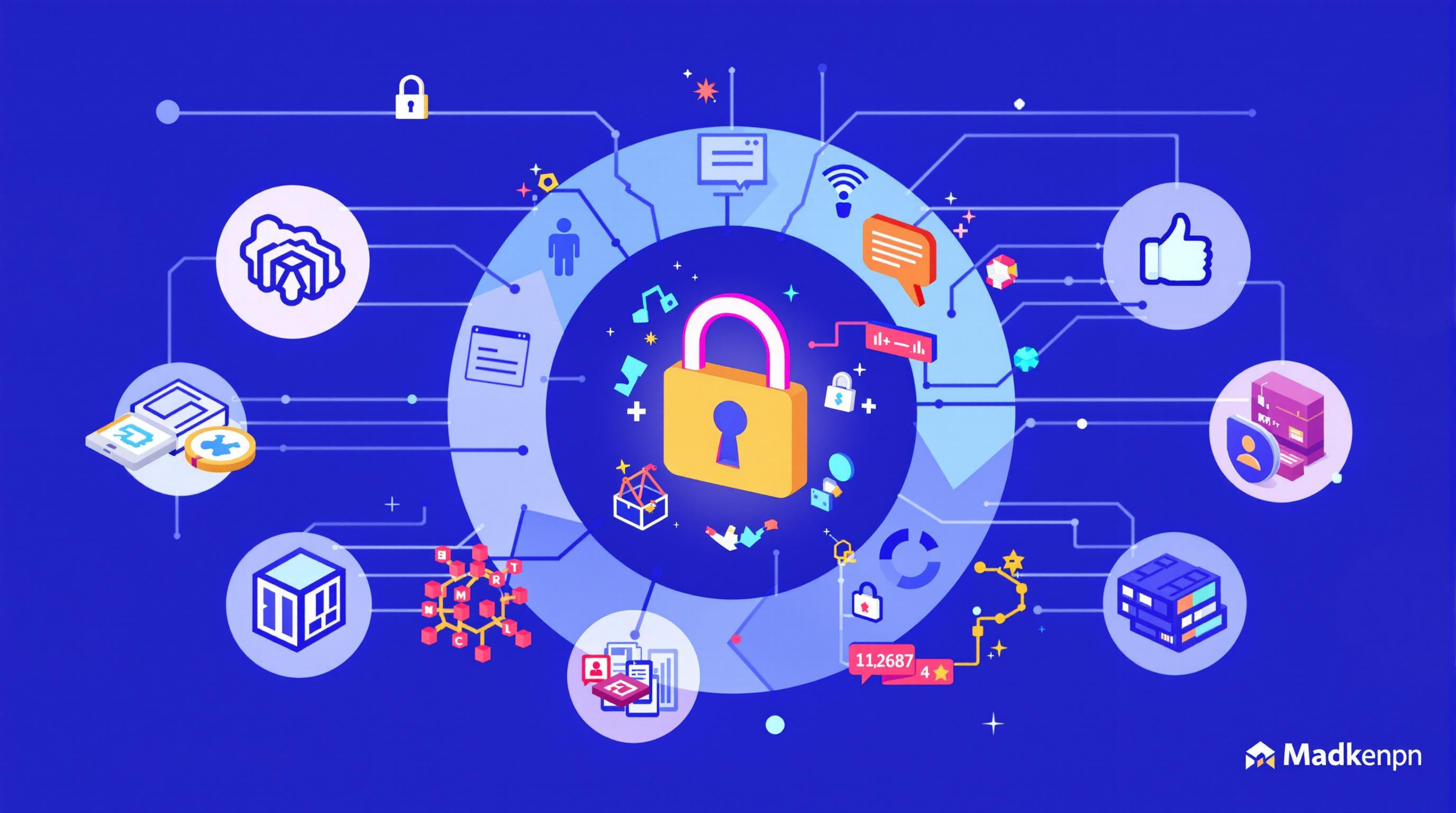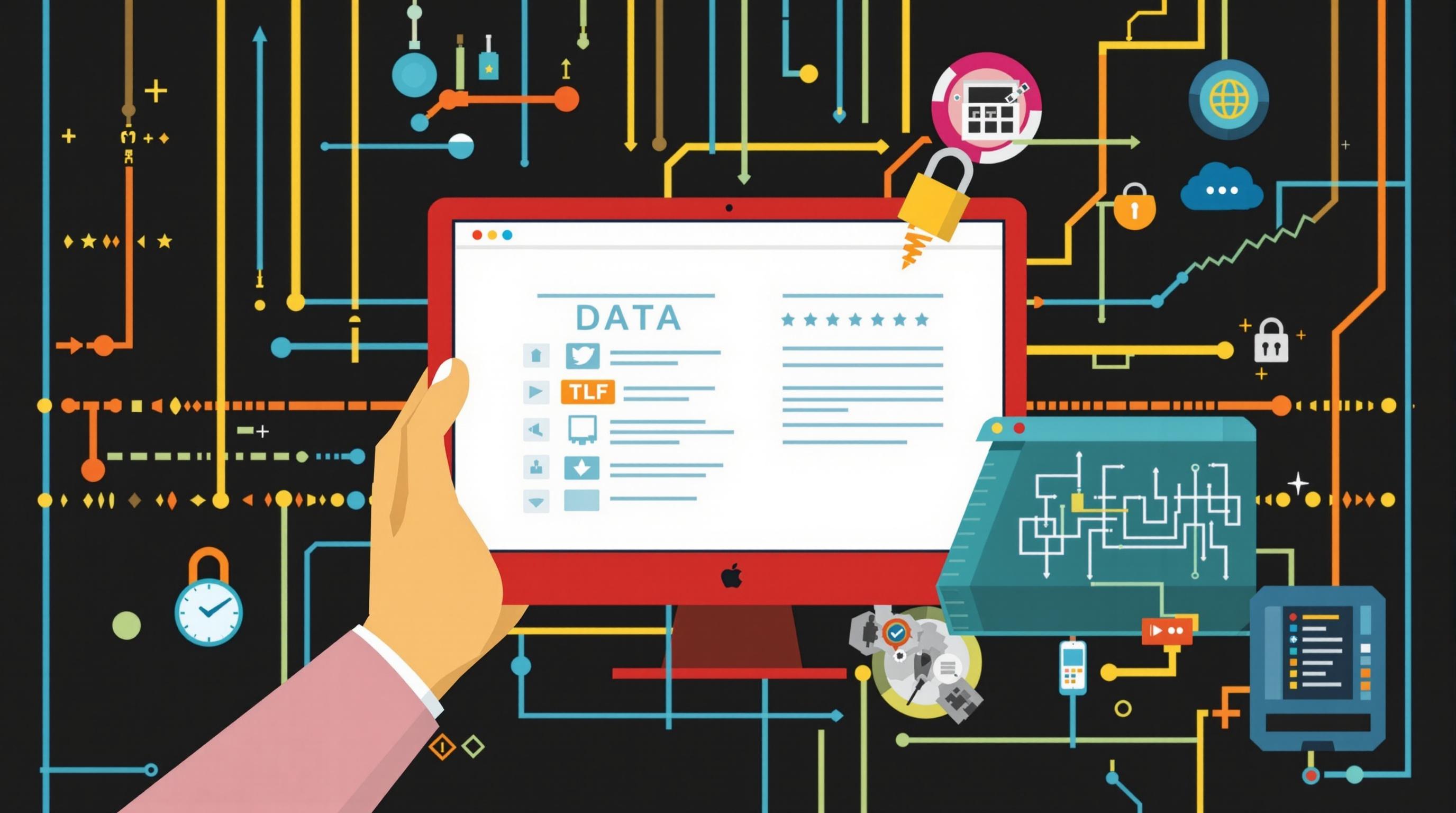Related Articles
- Unveiling the Silent Effects of Malware Residue on IoT Devices and What It Means for Your Connected Home Security
- Top 6 Game-Changing Email Security Suites Released Since 2019 That Actually Stop Cyber Trickery
- The Hidden Impact of AI-Driven Voice Assistants on Your Device’s Safety: Risks Nobody Talks About
- Top 6 Stealth Encryption Products Redefining Data Privacy You Haven’t Heard About Since 2019
- Exploring the Influence of Wi-Fi Radiation on Human Sleep Patterns and Cognitive Health in Modern Living
- Top 8 Stealth Malware Cleaners from the Past 5 Years That Outsmart Evasive Threats
5 Lesser-Known Legal Battles That Shaped Data Encryption Policies Worldwide: A Deep Dive
5 Lesser-Known Legal Battles That Shaped Data Encryption Policies Worldwide: A Deep Dive
5 Lesser-Known Legal Battles That Shaped Data Encryption Policies Worldwide: A Deep Dive
1. The Bernstein v. United States Case (1995)
In the mid-1990s, Daniel Bernstein, a mathematics PhD student, challenged the U.S. government's restrictions on cryptographic software export. At the time, encryption software was classified as munitions under U.S. export laws, making it illegal to share strong encryption technology with foreign nationals. Bernstein’s legal battle aimed to assert that source code is protected speech under the First Amendment.
This lawsuit ultimately compelled the government to ease export controls on cryptographic software. The case marked a pivotal moment in recognizing code as free expression and laid the groundwork for the widespread use of strong encryption globally. Bernstein’s victory helped usher in an era where securing personal communications became more accessible worldwide.
Bernstein v. United States highlighted the tension between national security concerns and individual rights to privacy and free speech. This landmark case remains a foundational reference in debates about encryption regulations and digital freedom today.
Source: Bernstein v. United States, 176 F.3d 1132 (9th Cir. 1999)
2. The Clipper Chip Controversy (1993)
The Clipper Chip was a U.S. government initiative to introduce a hardware encryption device with a built-in "backdoor" accessible to law enforcement agencies. Released by the NSA, it aimed to balance strong encryption with government surveillance capabilities, sparking significant public pushback.
Privacy advocates, cryptographers, and industry leaders criticized the Clipper Chip, arguing it would undermine security and privacy by creating exploitable vulnerabilities. The controversy brought attention to the risks inherent in government-mandated backdoors for encrypted communications.
Ultimately, the initiative failed under widespread opposition, but the Clipper Chip debate underscored key issues in encryption policy: trust, government overreach, and the trade-off between privacy and security—issues still contentious in modern encryption debates.
3. The Lavabit Shutdown (2013)
Lavabit was a secure email service used by privacy-conscious users, including Edward Snowden. In 2013, the FBI demanded access to Lavabit’s encryption keys as part of its investigation into Snowden’s leaks. The company’s founder, Ladar Levison, chose to shut down Lavabit rather than compromise user privacy.
This shutdown highlighted the clash between government surveillance demands and the rights of service providers to protect user data. Lavabit's case became emblematic of the struggle to maintain end-to-end encryption against state-level intrusion attempts.
Lavabit’s story contributed to the global dialogue on encryption, spotlighting the need for strong privacy protections and the risks posed when governments seek to weaken encryption infrastructures.
Source: Wired, 2013 “The Lavabit Shutdown and the Cost of Doing the Right Thing”
4. United States v. Microsoft (2001) and Encryption Compliance
While primarily known as an antitrust case, United States v. Microsoft also touched on encryption policies indirectly. Microsoft’s resistance to certain government requests regarding encryption and data disclosure revealed the complexity of balancing corporate interests, legal obligations, and user privacy.
The case forced corporations to reconsider how they implement encryption and cooperate with law enforcement demands. It emphasized the legal tightrope companies walk when protecting user data while complying with government surveillance laws.
This case influenced corporate encryption policies globally, encouraging more transparent communication about government data requests and fostering the adoption of stronger encryption standards internally to protect user privacy.
5. The Apple vs. FBI iPhone Encryption Dispute (2016)
One of the most publicized encryption-related legal battles was when the FBI sought Apple’s assistance to unlock an iPhone used by a terrorist. Apple refused, arguing that creating a backdoor would endanger the security of all users.
The case ignited a worldwide debate about the limits of government powers versus the necessity of strong encryption to protect individual rights and secure digital ecosystems. The court never decisively ruled, but the dispute shaped public and legislative thinking around encryption policy.
Apple’s stance strengthened industry commitment to robust encryption and resistant devices, influencing global encryption norms. It also heightened awareness about potential government overreach in demanding technological compromises.
Source: Reuters, 2016 “Apple-FBI encryption battle”
6. The UK Investigatory Powers Act (2016) and Encryption Lawsuits
Also known as the "Snooper's Charter," the UK Investigatory Powers Act compelled telecommunications companies and service providers to maintain equipment capable of lawful interception. This raised concerns about forced decryption or the weakening of encryption protocols.
Many advocacy groups challenged the Act’s provisions legally, arguing they infringed on privacy rights and contravened obligations to maintain secure encryption to protect users. Legal scrutiny of the Act illuminated the conflict between government surveillance ambitions and encryption’s role in personal privacy.
The lawsuits and critiques surrounding the Act influenced debates in the EU and worldwide, pressing lawmakers to consider encryption's necessity carefully, even amid demands for national security capabilities.
7. The German Federal Constitutional Court Ruling on Encryption (2019)
In a landmark decision, Germany’s Constitutional Court ruled against law enforcement demands to weaken encryption systems. The ruling emphasized that privacy protections and the fundamental right to secure communications outweighed surveillance interests.
This decision struck down government attempts to mandate backdoors, reinforcing strong encryption as a legal right. It sent ripples through Europe, setting a legal precedent defending encryption integrity.
Germany’s stance provided a counterbalance to more intrusive surveillance laws elsewhere, encouraging a rigorous defense of encryption as a pillar of digital privacy and democracy.
Source: Bundesverfassungsgericht, 2019 Decision on Encryption
8. The Canadian Supreme Court on Encryption and Privacy (2016)
The Canadian Supreme Court dealt with the implications of encryption in search and seizure contexts, particularly regarding the compelled disclosure of encrypted data on seized devices. The rulings attempted to balance privacy interests with legitimate law enforcement investigations.
They underscored the need for clear legal standards governing when and how encrypted data can be accessed, without undermining encryption's broader role in securing information.
This case shaped Canada's approach to encryption policy, encouraging stronger privacy protections while delineating the scope of governmental access under the law.
9. The Indian Government’s Encryption Regulation Push (2020)
India’s government proposed rules requiring communication providers to enable traceability of encrypted messages, effectively mandating backdoors. These regulations drew sharp criticism from privacy activists and tech companies worldwide.
The ensuing legal and public backlash highlighted the global resistance to weakening encryption standards. Critics argued that traceability provisions could expose users to surveillance abuses and cyber threats.
India’s push and the subsequent controversies underscored ongoing tensions in defining encryption policy in emerging digital economies, balancing law enforcement needs with privacy.
10. WhatsApp Litigation and Encryption in Brazil (2022)
Brazilian courts ordered temporary bans on WhatsApp after the messaging service refused to provide decrypted user data linked to criminal investigations. The platform’s end-to-end encryption made compliance impossible without undermining user privacy.
The legal impasse highlighted challenges governments face when enforcing laws on encrypted platforms. It reinforced the limitations of mandating backdoors or decryption from service providers committed to user security.
Brazil’s case became a reference point for governments and tech companies globally, exemplifying the complex interface between legal demands and encryption technology.
Source: BBC News, 2022 “WhatsApp ban in Brazil”




